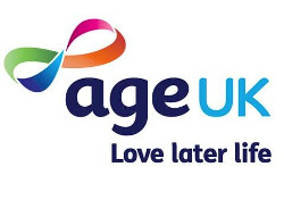The new Code of Fundraising Practice is to come into force in the autumn, amid changes to the regulator’s powers, the chief executive of the Fundraising Regulator has revealed.
Speaking at the Trustee Exchange in London last week, Gerald Oppenheim revealed changes being made to the Code of Fundraising Practice, following a 10 week consultation from September to November 2018 to solicit views from the sector about how to make it simpler.
Oppenheim said there was "broad support" for changing the code and that it will be written in simpler English and would include a glossary of terms to help with legal jargon. He added that it would be made more accessible online.
He said it was important to update the code to mitigate against instances in which fundraisers have failed to regulate their fundraising behaviour.
Oppenheim said that the new code will be signed off in May and that it will be made available to the sector afterwards.
Then, following a three-month period for staff to accustomise to the changes, the code will come into effect. While he did not specify a date, he said he expected this to be some time in October.
Charities must pay their levy
The Fundraising Regulator is also planning to write to charities that haven’t paid their levy after concerns were raised in the organisation due to charities failing to pay the charge.
He said what while levy compliance is improving year on year, there remained some 150 out of 1,900 fundraising charities who have not replied to the regulator. He said that this “worries” the regulator and “raises concerns about what they are doing”.
“We will be very shortly writing to charities to remind them of their wider responsibilities,” he said.
Dealing with complaints
The regulator will also now name charities they investigate irrespective of the outcome for the first time. He said: “This transparency can only be a good thing in the long term."
Oppenheim also advised the sector to ensure it is “respecting people’s wishes” as he revealed complaints that are made about charities to the regulator.
He said that “address mail causes grief” due to the frequency of communication and that there are more complaints about door to door fundraising in the winter months due to it being darker.
“Don’t be cowed by complaints,” he added. “Although they may be serious they’re actually a really good opportunity to learn about how your charity may be going about its fundraising and to make really good positive changes to make it better.”
|
Related articles












